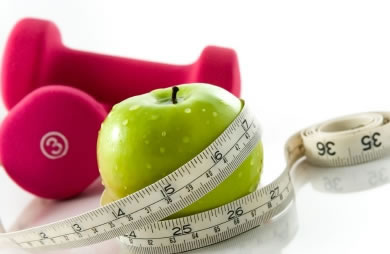 Selenium: Too much or too little of this nutrient can harm sperm levels. Men should get 55 mcg daily.
Selenium: Too much or too little of this nutrient can harm sperm levels. Men should get 55 mcg daily. The trace mineral is found in Brazil nuts (544 mcg in 1 ounce), tuna (63 mcg in 3 ounces), beef (35 mcg in 3 1/2 ounces), turkey (32 mcg in 3 1/2 ounces) and enriched breads and cereals (4-15 mcg per serving). Soy foods: Preliminary research at Harvard University has shown that eating half a serving of soy foods (such as tofu, tempeh, soy milk or soy-based meat analogs) a day or more can affect male fertility, especially in obese men. The researchers aren't sure why the two are linked, but soy can increase estrogen activity and interfere with male hormones. While researchers said that the findings were not substantial enough to recommend cutting out soy foods completely, they did suggest that men who were trying to conceive could try cutting back on soy foods. Weight loss: Your partner might consider slimming down if you're trying to conceive. According to a study presented to the European Society of Human Reproduction and Embryology, men who are obese (a BMI of 30 or higher) were 40% more likely to have sperm abnormalities and were 60% more likely to have lowered sperm counts. Researchers say the excess fat can raise the temperature of the testicles. Zinc: Some research has found that a lack of zinc can reduce sperm count and affect testosterone. Vegetarian men need to be sure to get enough of this key nutrient, which is found in beans, yogurt and nuts. (Meat is high in zinc, so omnivorous men don't usually need to worry about adequate zinc intake.) Future dads need to follow the same advice that Moms-to-be do. Eat right, exercise regularly, and take care of themselves! Check out these MommyTeams! TTC First Child Male Factor Infertility BabyFit's Becky Hand, a licensed and registered dietitian, approved and contributed to this article. |
Nutrition and Fertility: An Overview for Men
It's Not Just About the Ladies
‹ Previous Page Page 2 of 2






Member Comments